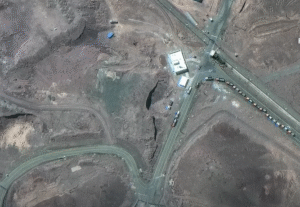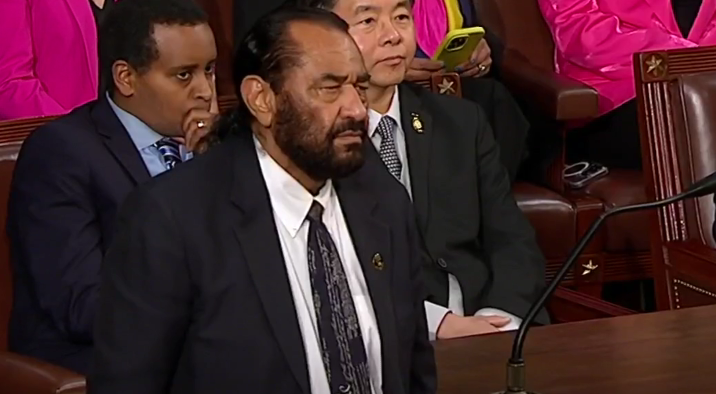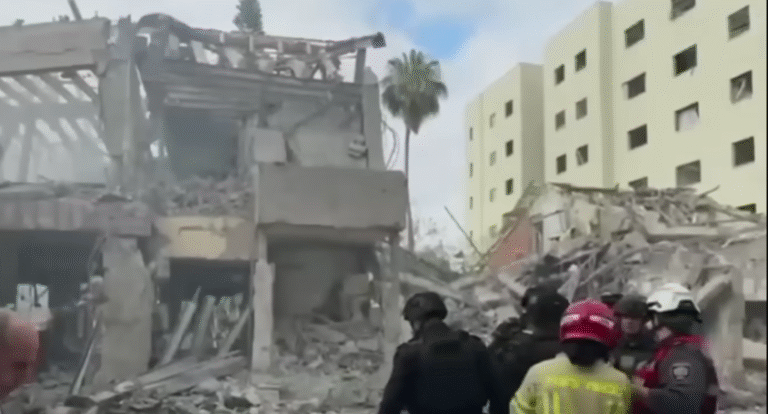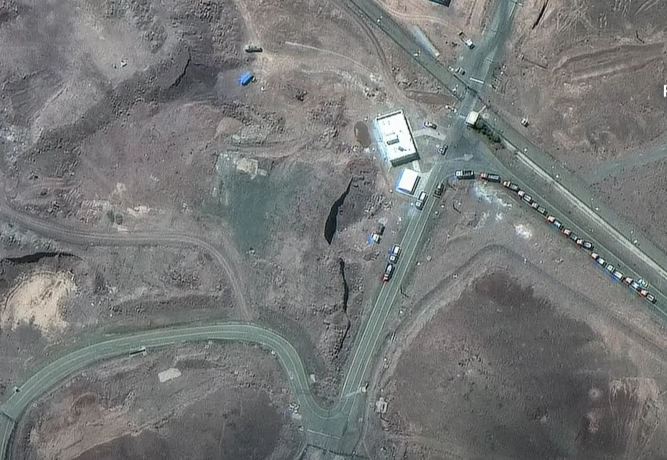US After Hitting Iran’s Nuclear Sites, the U.S. Now Wants to Talk – Here’s What’s Going On
Just days after launching strikes on three of Iran’s nuclear facilities, the United States is now signaling that it’s ready to return to the negotiating table.
US After hitting Iran After launching a coordinated strike on three of Iran’s nuclear facilities located in different regions, the United States has expressed its intention to restart diplomatic talks. Washington had earlier given Tehran a two-week window to come forward for discussions about its nuclear program. However, before that time elapsed, the U.S. carried out the strikes—shortly after Director of National Intelligence Tulsi Gabbard confirmed that, based on its current resources, Iran could potentially develop a nuclear weapon within a matter of months.
US After hitting Iran
This renewed push for dialogue follows a sudden and calculated military move by the U.S., which has further intensified the already fragile geopolitical climate between the U.S., Israel, and Iran.
After his Saturday night address from the Oval Office, President Trump opted not to utilize social media or make any public appearances on Sunday.. Instead, he allowed his national security team to take the lead in public communications. A coordinated message from his Vice President, the Secretary of Defense, the top military advisor, and the Secretary of State made it clear that the U.S. is confident in its ability to manage any fallout from the strike—and that Iran’s weakened military capabilities would likely push it back to the negotiating table.

According to an Associated Press report, Defense Secretary Pete Hegseth stated at a recent press briefing that “The United States does not seek war with Iran.” Meanwhile, Vice President J.D. Vance added that the strikes were designed to give Tehran a clear opportunity to return to talks with Washington. Hegseth further emphasized, “Operation Midnight Hammer involved deception and precision, and there was no resistance from Iran. This mission was never about regime change—it still isn’t.”




